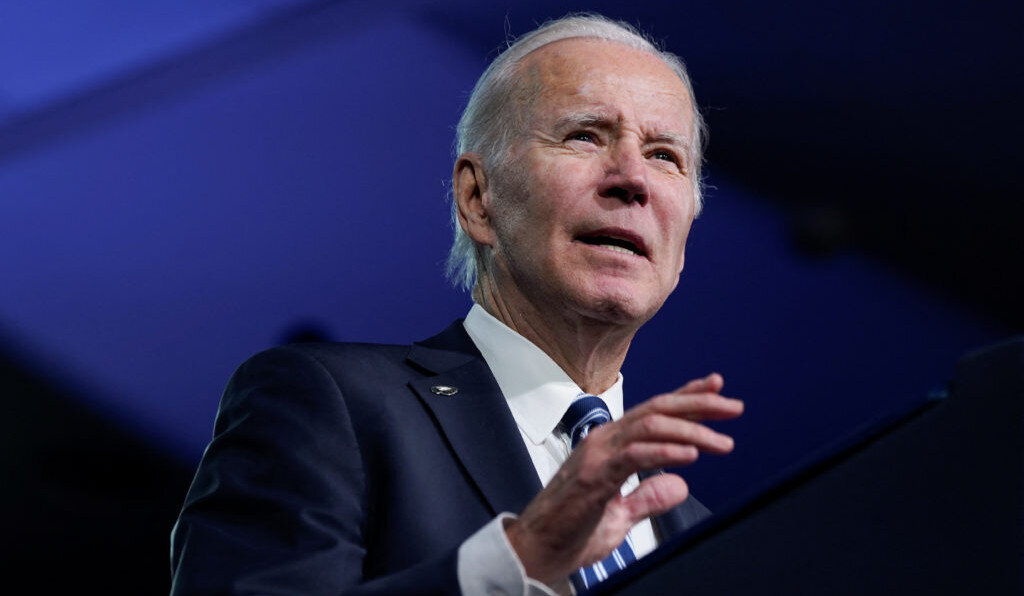Biden extends national emergency against Iran

TEHRAN- In another display of ill faith on the part of the U.S. administration, President Joe Biden on Friday extended a national emergency against Iran for another year.
This comes after Iranian Foreign Minister Hossein Amir Abdollahian prompted Washington earlier this month to embrace a constructive approach to resurrect the 2015 Iran nuclear deal and warned that the window of opportunity for an agreement on reviving the accord will not remain open indefinitely.
In a statement, the White House said that the national emergency proclaimed by former President Bill Clinton on March 15, 1995, will be extended until March 15, 2023.
According to the statement, the Iranian government’s actions, the development of missiles and other conventional and asymmetrical weapons by Iran, as well as its influence in West Asia, continue to pose risks to U.S. national security, foreign policy, and economy.
Amir Abdollahian stated in an interview with CNN that Iran had notified the U.S. through mediators that the Joint Comprehensive Plan of Action (JCPOA) parties are “on the path to reach a deal,” but cautioned that this can change if the U.S. side holds back.
The UK, France, and Germany (E3) jointly announced the closure of INSTEX on Thursday.
INSTEX was a European financial route created to protect Iran’s economic interests from U.S. sanctions.
The decision came on the same day that the U.S. Treasury Department imposed sanctions on dozens of companies suspected of assisting Iran in circumventing Washington’s restrictions on Tehran's access to the global banking system.
Analysts have slammed Biden for emulating the policies of his Republican predecessor, Donald Trump, in West Asia.
Nasser Kanaani, a spokesperson for Iran’s foreign ministry, stated on Thursday that the U.S. use of unilateral sanctions is evidence of Washington’s hostility and duplicity toward Iran and the JCPOA.
